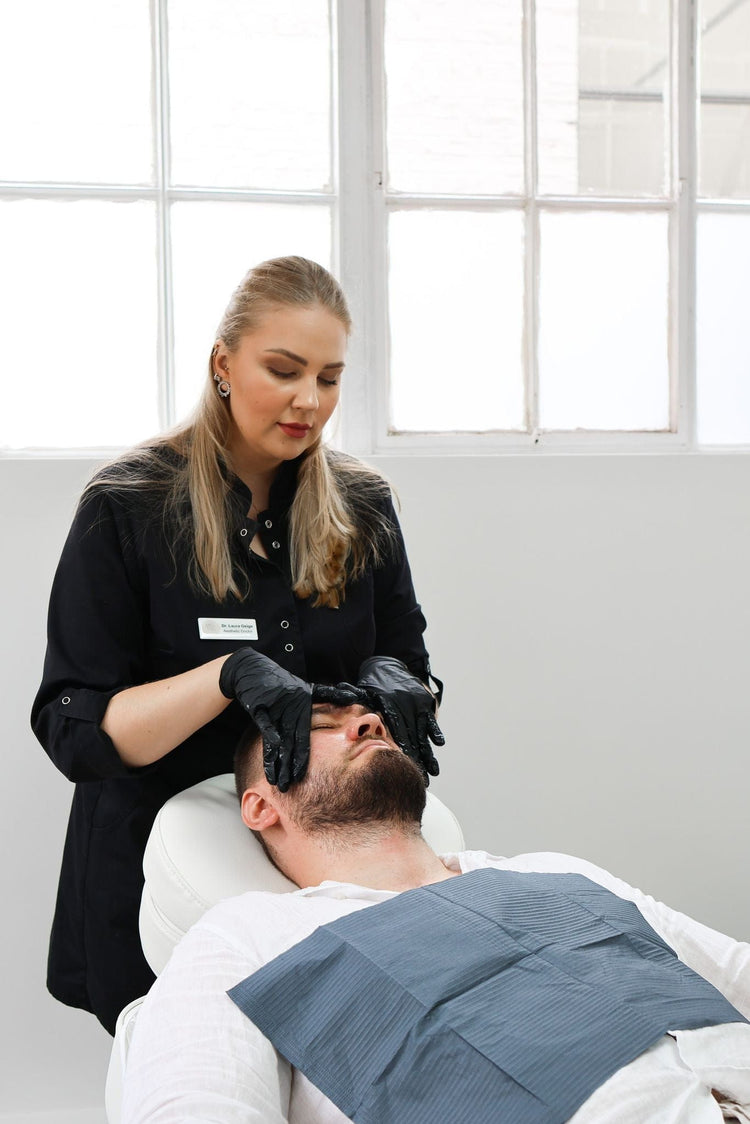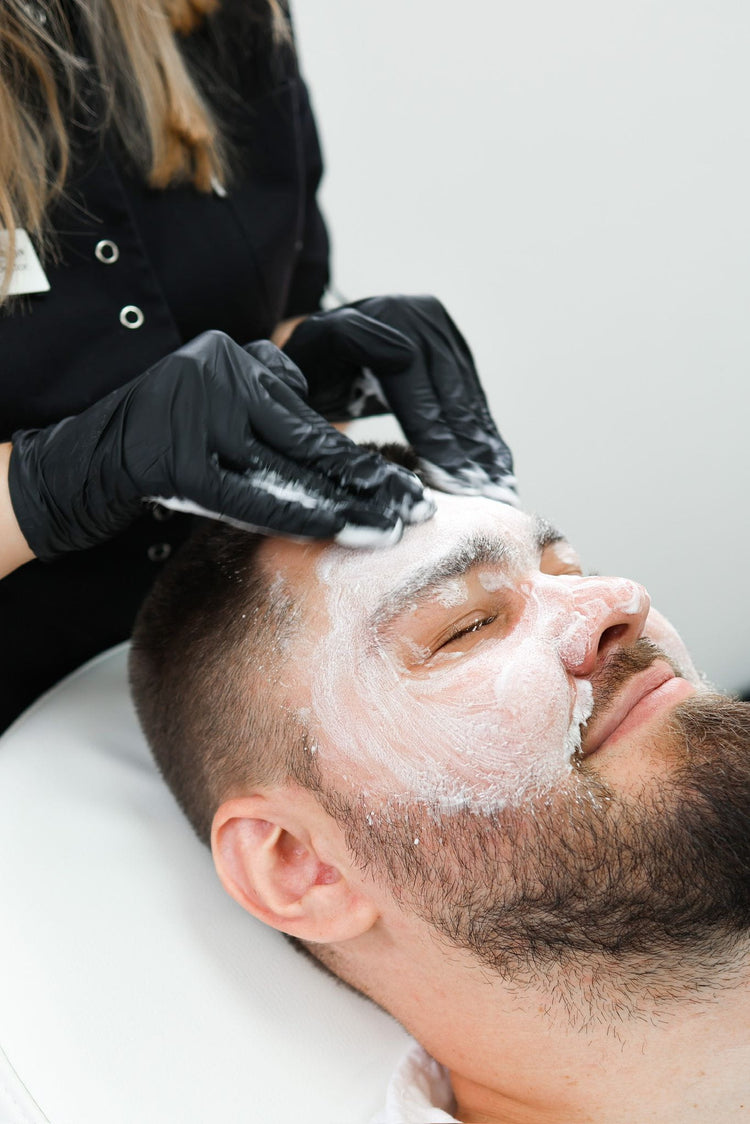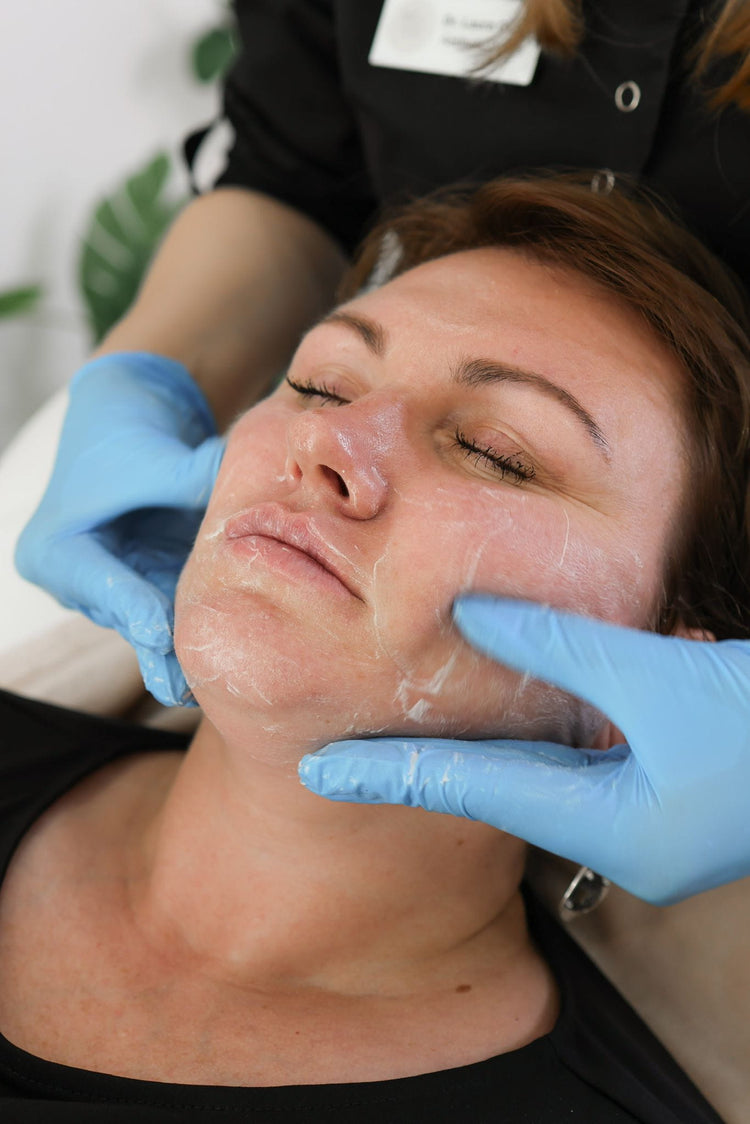Understanding Your Acne Acne, a common skin condition that affects millions worldwide, can be frustrating and emotionally challenging. Understanding the underlying causes of your acne is crucial for finding effective management strategies. Identifying Triggers Acne,
Understanding Your Acne
Acne, a common skin condition that affects millions worldwide, can be frustrating and emotionally challenging. Understanding the underlying causes of your acne is crucial for finding effective management strategies.

Identifying Triggers
Acne, a common skin condition that affects millions worldwide, can be frustrating and emotionally challenging. Understanding the underlying causes of your acne is crucial for finding effective management strategies. Identifying triggers that contribute to breakouts is a key step in this process.
- Diet: Certain foods, such as dairy products, sugary treats, and processed foods, have been linked to increased acne flare-ups for some individuals.
- Hormonal Fluctuations: Hormonal changes during puberty, menstruation, pregnancy, or menopause can trigger acne.
- Stress: High levels of stress can worsen acne by increasing oil production and inflammation.
- Skincare Products: Using heavy or comedogenic (pore-clogging) skincare products can contribute to breakouts.
- Medications: Some medications, such as corticosteroids, have been known to cause acne as a side effect.
Assessing Skin Type and Severity
Acne, a common skin condition that affects millions worldwide, can be frustrating and emotionally challenging. Understanding the underlying causes of your acne is crucial for finding effective management strategies. Identifying triggers that contribute to breakouts is a key step in this process.
Skin treatment consultations play a vital role in helping individuals manage acne-prone skin. During these consultations, a dermatologist or skincare professional will thoroughly assess your skin type, acne severity, and any underlying contributing factors.
- Skin Type Assessment: A skincare professional will determine your skin type (oily, dry, combination, sensitive) as this influences the type of products and treatments that would be most effective for your skin.
- Acne Severity Evaluation: The severity of your acne is graded based on the number and type of lesions (whiteheads, blackheads, papules, pustules, nodules). This helps in tailoring treatment options to your specific needs.
- Identifying Triggers: Through a detailed discussion about your medical history, lifestyle, and skincare routine, the professional can help pinpoint potential triggers that may be contributing to your acne.
Based on this comprehensive assessment, your dermatologist or skincare professional will develop a personalized treatment plan that may include topical medications, oral medications, light therapy, or other procedures.
Personalized Treatment Plan
Acne, a common skin condition that affects millions worldwide, can be frustrating and emotionally challenging. Understanding the underlying causes of your acne is crucial for finding effective management strategies. Identifying triggers that contribute to breakouts is a key step in this process.
Skin treatment consultations play a vital role in helping individuals manage acne-prone skin. During these consultations, a dermatologist or skincare professional will thoroughly assess your skin type, acne severity, and any underlying contributing factors.
Choosing the Right Products
Choosing the right products for acne-prone skin can feel overwhelming with so many options available. A personalized treatment plan developed during a skin treatment consultation can make all the difference.
During a consultation, a dermatologist or skincare professional will analyze your skin’s unique characteristics and identify specific triggers contributing to your acne. This allows them to recommend products tailored to your needs.
If you have oily skin, they might suggest oil-free cleansers, moisturizers, and sunscreens. For dry skin, hydrating ingredients and gentle formulas would be recommended. For sensitive skin, fragrance-free and hypoallergenic products are crucial to avoid irritation.
Understanding your skin type and triggers empowers you to make informed choices about skincare products.
Incorporating Lifestyle Modifications
Incorporating lifestyle modifications into a personalized treatment plan can significantly improve the management of acne-prone skin. These modifications often target common triggers that exacerbate breakouts.
Diet plays a crucial role in acne management. Limiting the intake of processed foods, sugary drinks, and dairy products may help reduce flare-ups for some individuals.
Managing stress through techniques like exercise, yoga, or meditation can positively impact skin health by reducing inflammation and oil production.
Maintaining a consistent skincare routine with gentle cleansing and exfoliation helps control oil and prevent clogged pores. Using non-comedogenic (non-pore-clogging) products is also essential.
Professional Treatments Options
Acne, a common skin condition that affects millions worldwide, can be frustrating and emotionally challenging. Understanding the underlying causes of your acne is crucial for finding effective management strategies. Identifying triggers that contribute to breakouts is a key step in this process.
Skin treatment consultations play a vital role in helping individuals manage acne-prone skin. During these consultations, a dermatologist or skincare professional will thoroughly assess your skin type, acne severity, and any underlying contributing factors.
Choosing the right products for acne-prone skin can feel overwhelming with so many options available. A personalized treatment plan developed during a skin treatment consultation can make all the difference.
During a consultation, a dermatologist or skincare professional will analyze your skin’s unique characteristics and identify specific triggers contributing to your acne. This allows them to recommend products tailored to your needs.
If you have oily skin, they might suggest oil-free cleansers, moisturizers, and sunscreens. For dry skin, hydrating ingredients and gentle formulas would be recommended. For sensitive skin, fragrance-free and hypoallergenic products are crucial to avoid irritation.
Understanding your skin type and triggers empowers you to make informed choices about skincare products.
Incorporating lifestyle modifications into a personalized treatment plan can significantly improve the management of acne-prone skin. These modifications often target common triggers that exacerbate breakouts.
Diet plays a crucial role in acne management. Limiting the intake of processed foods, sugary drinks, and dairy products may help reduce flare-ups for some individuals.
Managing stress through techniques like exercise, yoga, or meditation can positively impact skin health by reducing inflammation and oil production.

Maintaining a consistent skincare routine with gentle cleansing and exfoliation helps control oil and prevent clogged pores. Using non-comedogenic (non-pore-clogging) products is also essential.
Managing Expectations and Ongoing Care
Managing expectations and ongoing care are integral components of effectively treating acne.
Skin treatment consultations play a crucial role in setting realistic goals and developing a personalized plan for long-term skin health.
Realistic Outcomes and Timelines
Managing expectations and ongoing care are integral components of effectively treating acne.
Skin treatment consultations play a crucial role in setting realistic goals and developing a personalized plan for long-term skin health. It’s important to understand that acne treatment is often a journey, not a quick fix. While some improvements may be seen relatively quickly, achieving clear and healthy skin may take time and consistent effort.
During consultations, dermatologists or skincare professionals will discuss realistic timelines for improvement based on individual factors such as the severity of acne, skin type, and treatment plan.
Ongoing care includes adhering to the recommended treatment plan, maintaining a healthy lifestyle, and attending follow-up appointments.
Home Care Instructions and Product Guidance
Managing expectations and ongoing care are integral components of effectively treating acne.
Skin treatment consultations play a crucial role in setting realistic goals and developing a personalized plan for long-term skin health. It’s important to understand that acne treatment is often a journey, not a quick fix. While some improvements may be seen relatively quickly, achieving clear and healthy skin may take time and consistent effort.
During consultations, dermatologists or skincare professionals will discuss realistic timelines for improvement based on individual factors such as the severity of acne, skin type, and treatment plan.

Ongoing care includes adhering to the recommended treatment plan, maintaining a healthy lifestyle, and attending follow-up appointments.
Follow-Up Appointments for Adjustments
Managing expectations and ongoing care are integral components of effectively treating acne.
- Setting Realistic Goals: During consultations, dermatologists will discuss realistic timelines for improvement based on individual factors like acne severity and treatment plan. Acne treatment often takes time and consistent effort.
- Adhering to Treatment Plans: It’s crucial to follow the recommended skincare routine, medications, or therapies as instructed by your dermatologist. Consistency is key for achieving positive results.
- Lifestyle Modifications: Incorporating healthy lifestyle habits such as a balanced diet, stress management techniques, and regular exercise can complement treatment and improve overall skin health.
- Follow-Up Appointments: Regular check-ups with your dermatologist allow for monitoring progress, adjusting treatment plans as needed, and addressing any new concerns or challenges.
Book your skin treatment consultation with Dr. Laura Geige at It’s Me & You Clinic
- Why Does Lip Filler Migrate - November 21, 2025
- What Is The Best Thing To Put On Lips After Fillers? - November 19, 2025
- What Are The Best CBD Gummies For Relaxation Before Bed? - November 16, 2025
